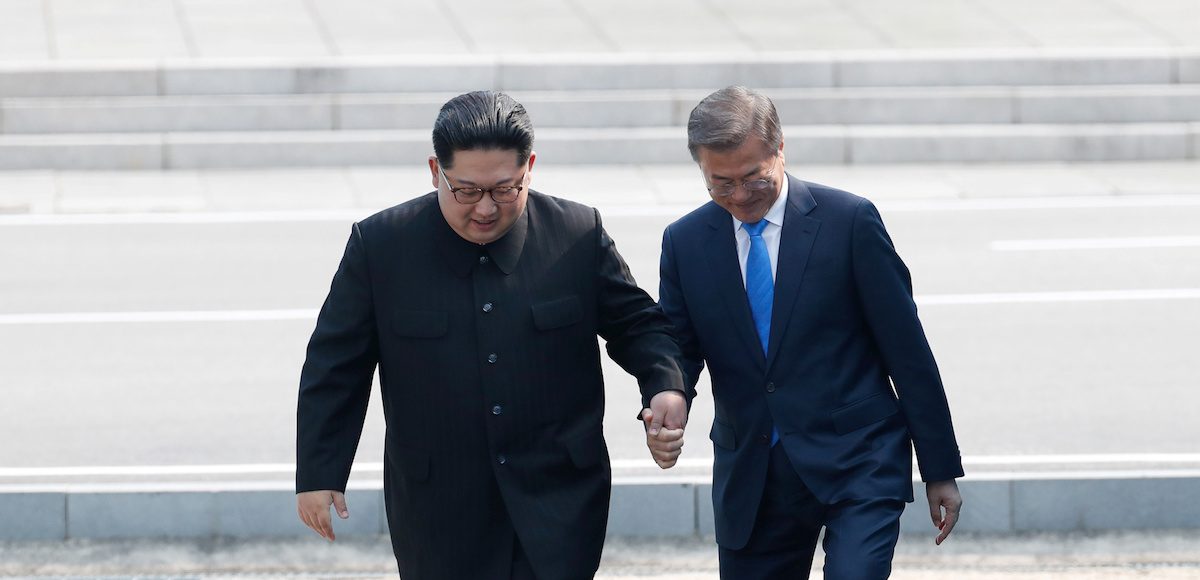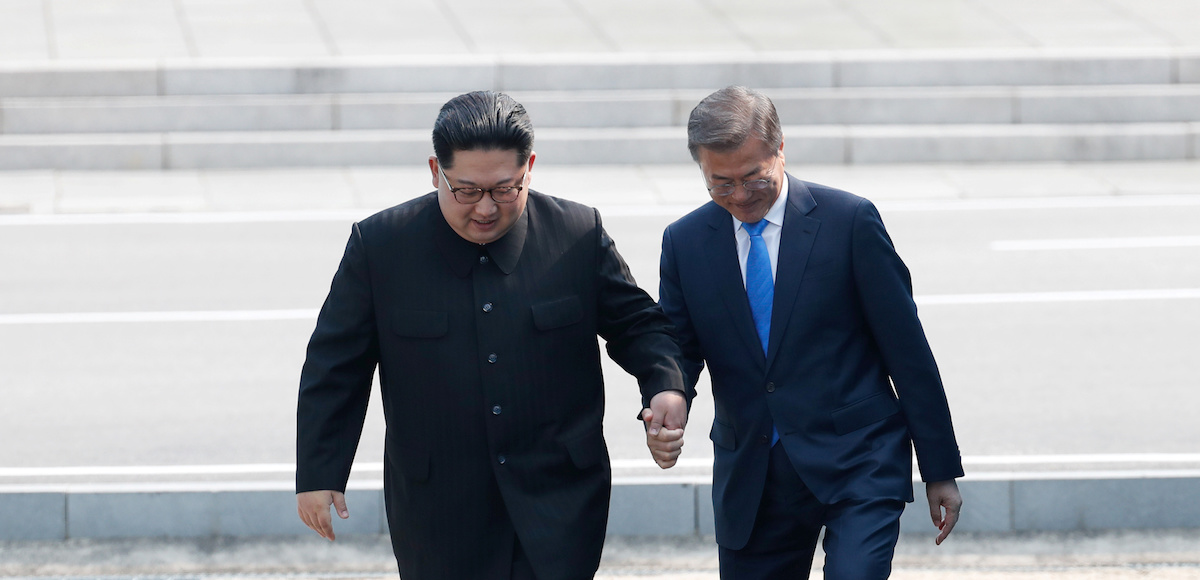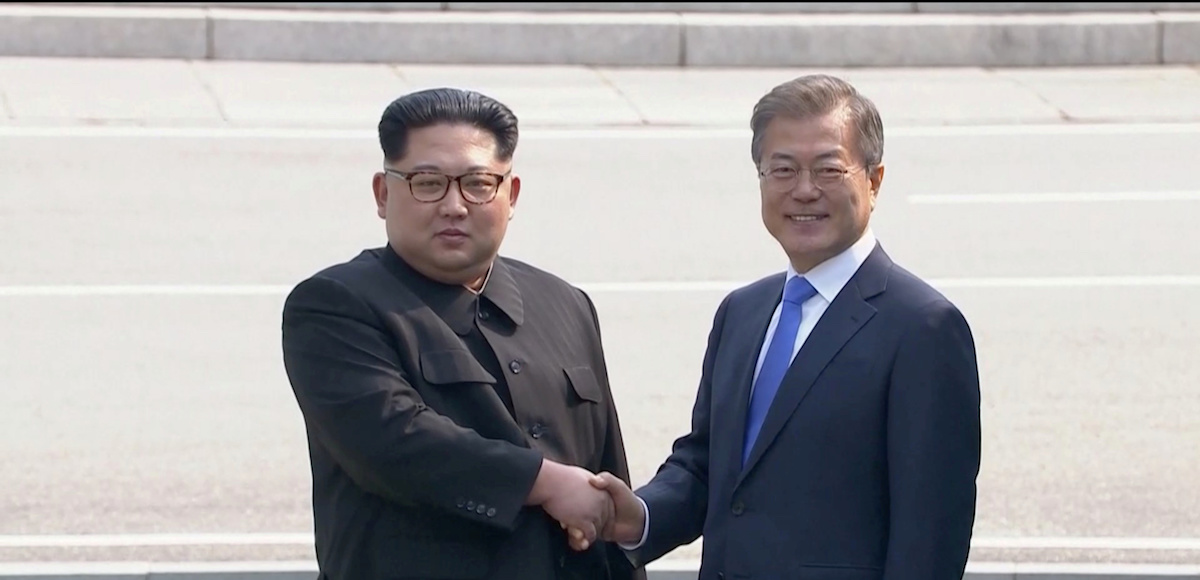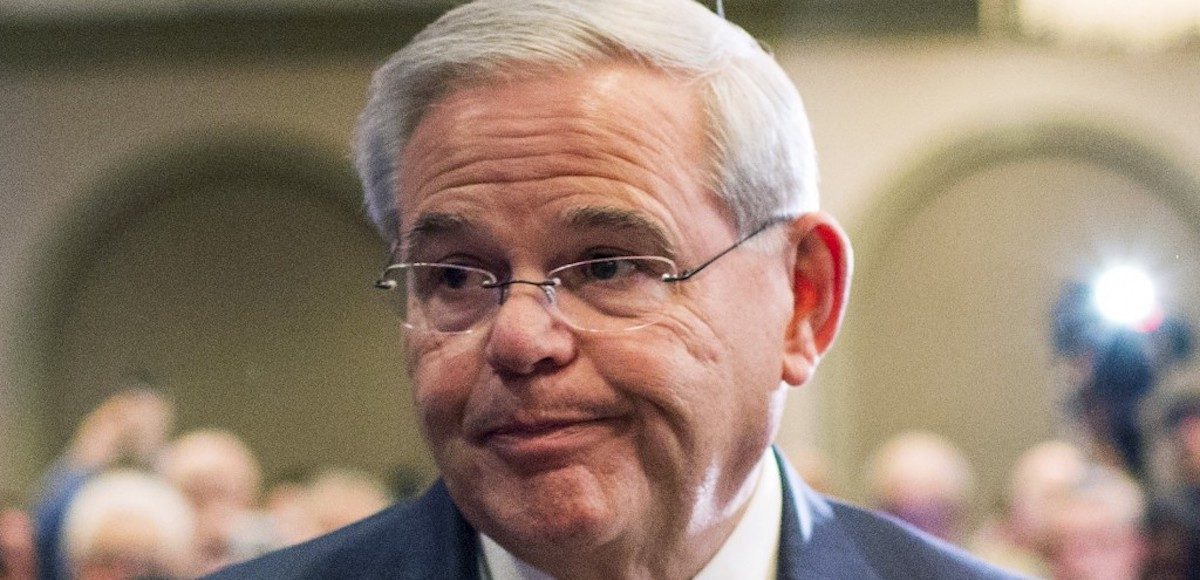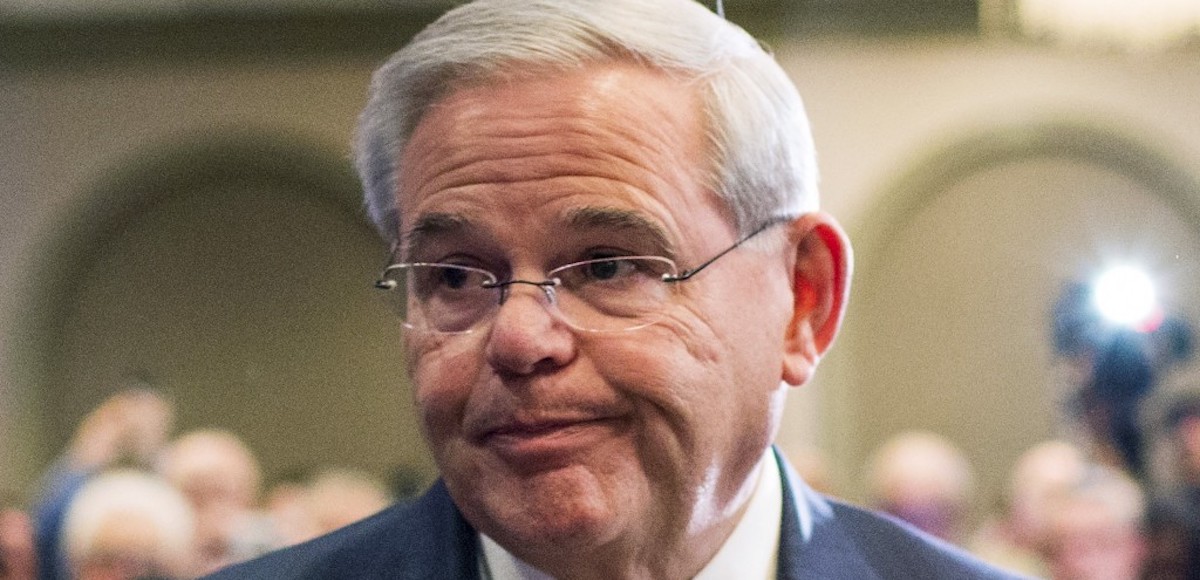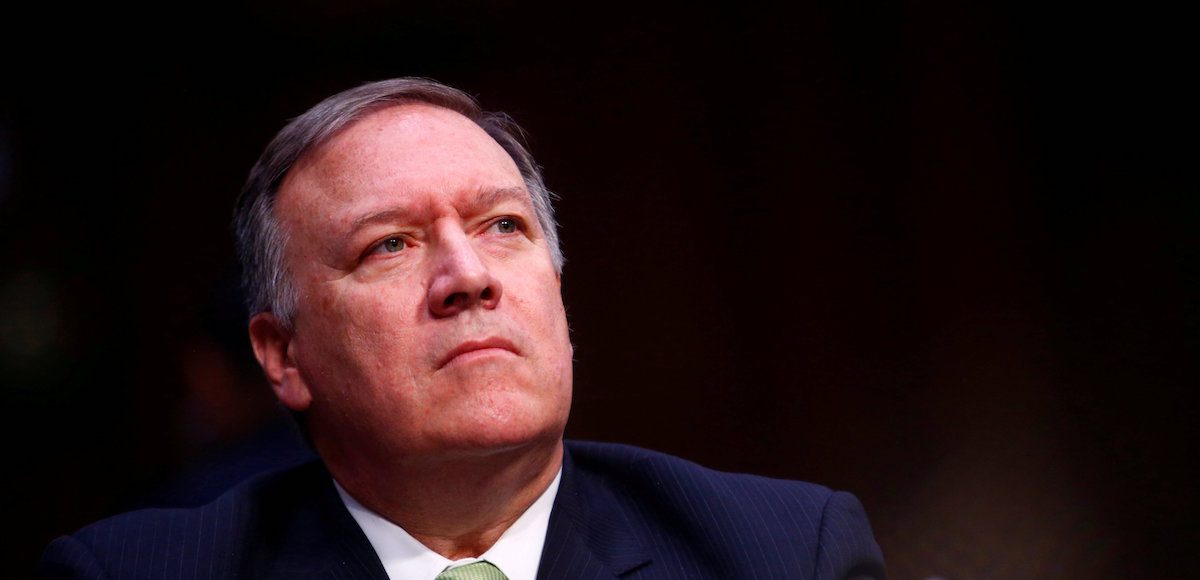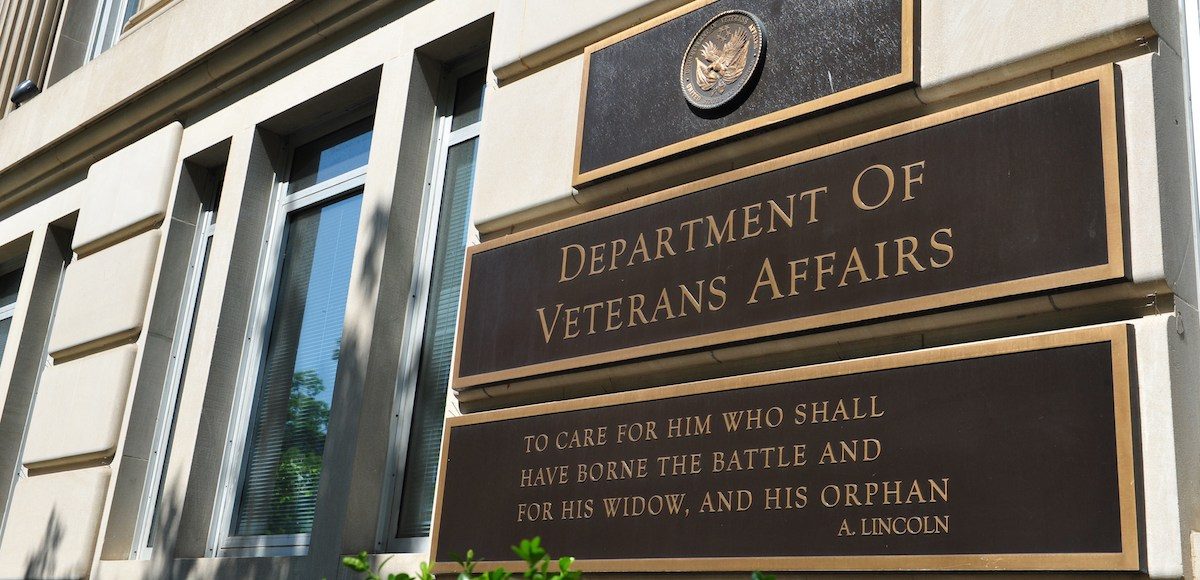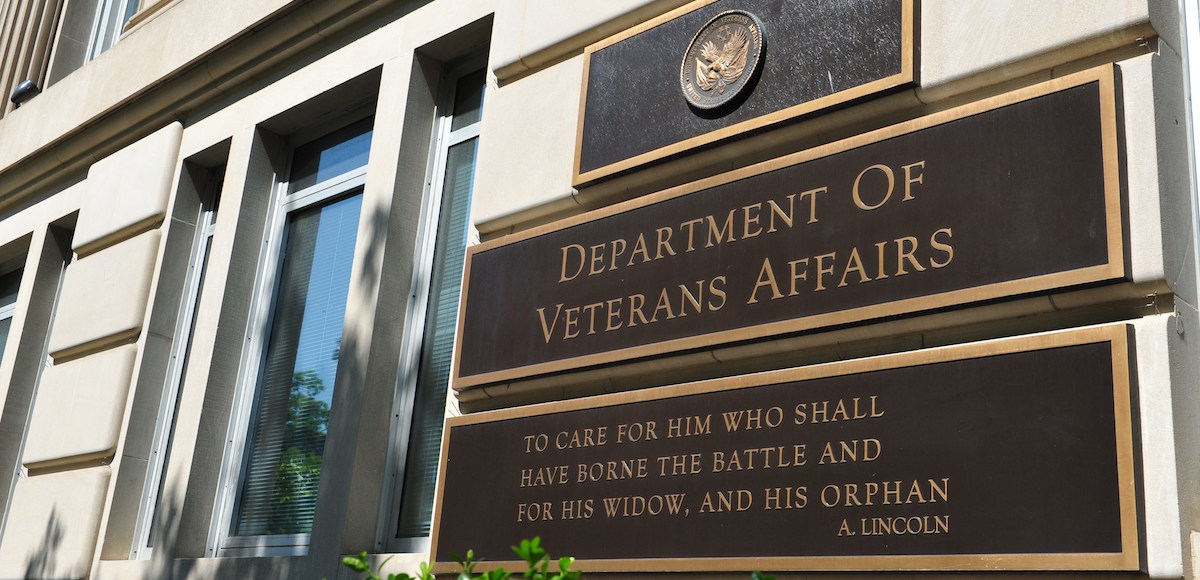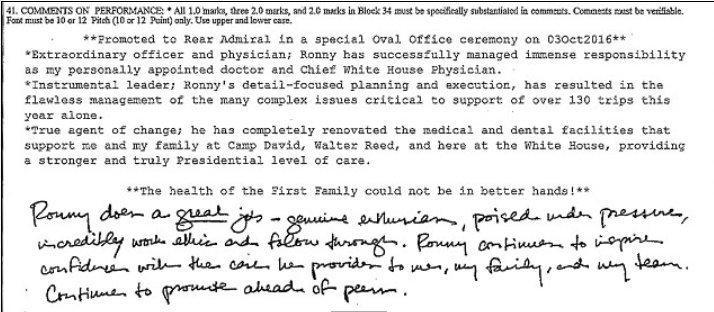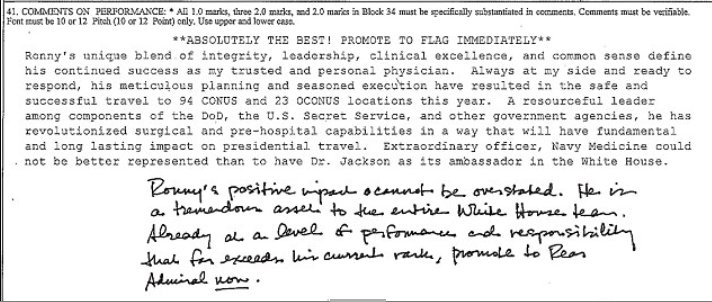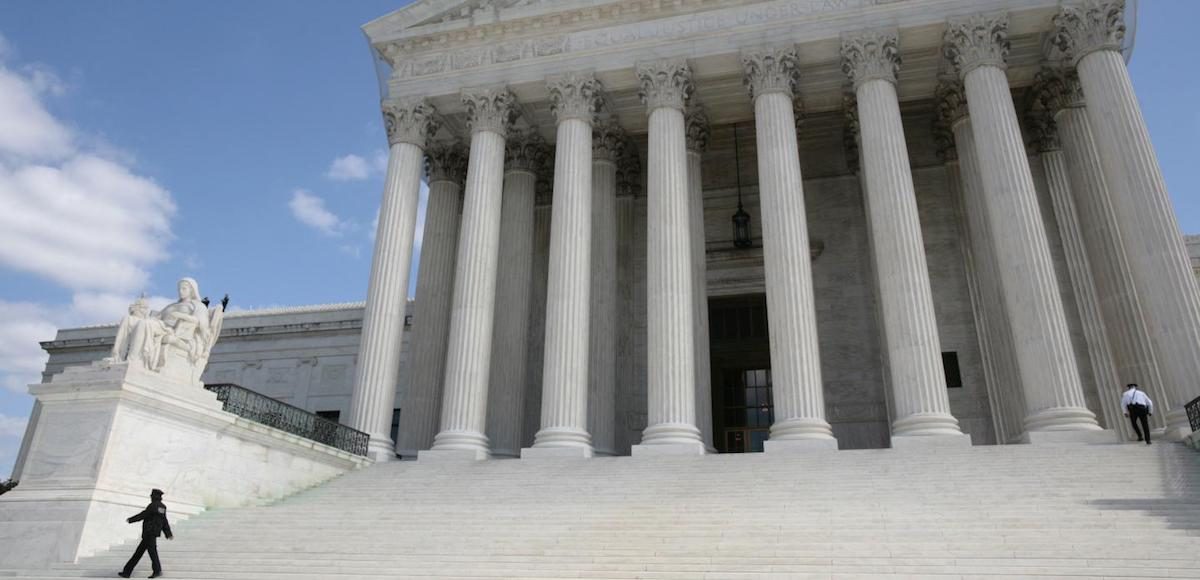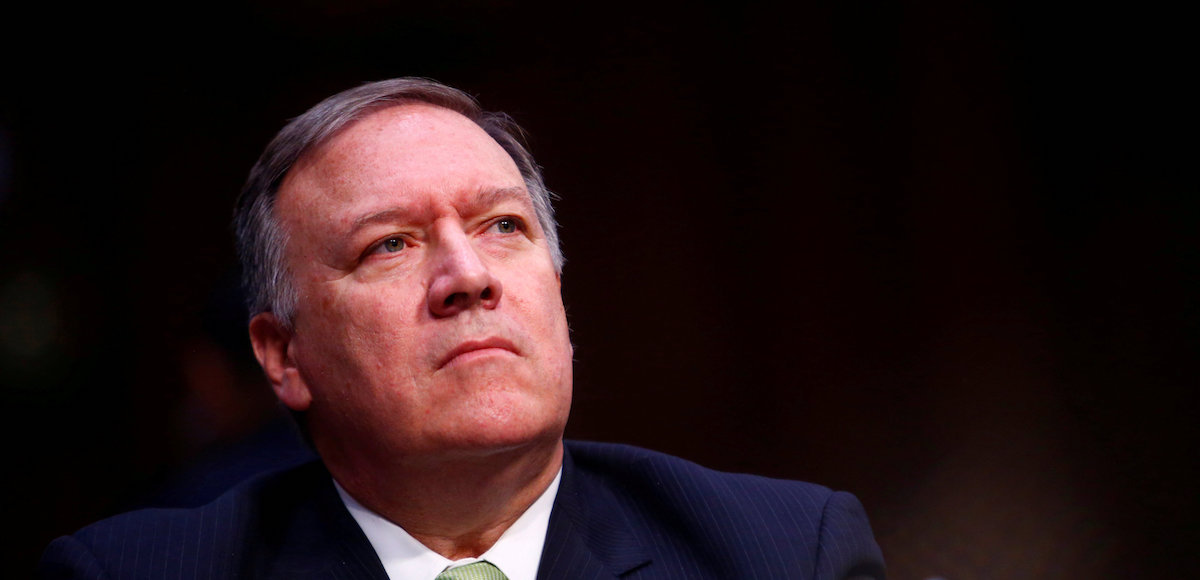
Central Intelligence Agency Director Mike Pompeo testifies before the U.S. Senate Select Committee on Intelligence on Capitol Hill in Washington, U.S. May 11, 2017. (Photo: Reuters)
The U.S. Senate on Thursday voted 57 – 42 to confirm the nomination of Mike Pompeo for Secretary of the State Department. Senate Democrats sought to stall and block his confirmation, despite his key role in the progress the Trump Administration has made toward a diplomatic denuclearization of North Korea.
The vote, which can largely be divided among party lines, not only means a major victory for the Trump Administration but also that the denuclearization of the Korean peninsula more likely.
A few vulnerable Red State Senate Democrats announced they would vote “Yea” to confirm. Last Friday, Senator Heidi Heitkamp, D-N.D., became the first to buck party leadership. Senator Joe Manchin, D-W.Va., announced earlier Monday he would vote “Yes,” and Senator Joe Donnelly, R-Ina., followed shortly after.
Roll Call
Story Continued After Table
| Yeas |
Nays |
| Alexander (R-TN) |
Baldwin (D-WI) |
| Barrasso (R-WY) |
Bennet (D-CO) |
| Blunt (R-MO) |
Blumenthal (D-CT) |
| Boozman (R-AR) |
Booker (D-NJ) |
| Burr (R-NC) |
Brown (D-OH) |
| Capito (R-WV) |
Cantwell (D-WA) |
| Cassidy (R-LA) |
Cardin (D-MD) |
| Collins (R-ME) |
Carper (D-DE) |
| Corker (R-TN) |
Casey (D-PA) |
| Cornyn (R-TX) |
Coons (D-DE) |
| Cotton (R-AR) |
Cortez Masto (D-NV) |
| Crapo (R-ID) |
Duckworth (D-IL) |
| Cruz (R-TX) |
Durbin (D-IL) |
| Daines (R-MT) |
Feinstein (D-CA) |
| Donnelly (D-IN) |
Gillibrand (D-NY) |
| Enzi (R-WY) |
Harris (D-CA) |
| Ernst (R-IA) |
Hassan (D-NH) |
| Fischer (R-NE) |
Heinrich (D-NM) |
| Flake (R-AZ) |
Hirono (D-HI) |
| Gardner (R-CO) |
Kaine (D-VA) |
| Graham (R-SC) |
Klobuchar (D-MN) |
| Grassley (R-IA) |
Leahy (D-VT) |
| Hatch (R-UT) |
Markey (D-MA) |
| Heitkamp (D-ND) |
Menendez (D-NJ) |
| Heller (R-NV) |
Merkley (D-OR) |
| Hoeven (R-ND) |
Murphy (D-CT) |
| Hyde-Smith (R-MS) |
Murray (D-WA) |
| Inhofe (R-OK) |
Peters (D-MI) |
| Isakson (R-GA) |
Reed (D-RI) |
| Johnson (R-WI) |
Sanders (I-VT) |
| Jones (D-AL) |
Schatz (D-HI) |
| Kennedy (R-LA) |
Schumer (D-NY) |
| King (I-ME) |
Shaheen (D-NH) |
| Lankford (R-OK) |
Smith (D-MN) |
| Lee (R-UT) |
Stabenow (D-MI) |
| Manchin (D-WV) |
Tester (D-MT) |
| McCaskill (D-MO) |
Udall (D-NM) |
| McConnell (R-KY) |
Van Hollen (D-MD) |
| Moran (R-KS) |
Warner (D-VA) |
| Murkowski (R-AK) |
Warren (D-MA) |
| Nelson (D-FL) |
Whitehouse (D-RI) |
| Paul (R-KY) |
Wyden (D-OR) |
| Perdue (R-GA) |
|
| Portman (R-OH) |
|
| Risch (R-ID) |
|
| Roberts (R-KS) |
|
| Rounds (R-SD) |
|
| Rubio (R-FL) |
|
| Sasse (R-NE) |
|
| Scott (R-SC) |
|
| Shelby (R-AL) |
|
| Sullivan (R-AK) |
|
| Thune (R-SD) |
|
| Tillis (R-NC) |
|
| Toomey (R-PA) |
|
| Wicker (R-MS) |
|
| Young (R-IN) |
|
The Senate Foreign Relations Committee voted Monday to confirm Mr. Pompeo by an 11-9-1 vote, also along party lines.
But it only came after libertarian-leaning Senator Rand Paul, R-Kty., reversed his opposition to Mr. Pompeo, who previously served as the Director of the Central Intelligence Agency (CIA). Had Senator Paul not changed his mind, it would’ve still been possible for him to become the first secretary of state nominee to be rejected by the committee since at least 1925.
Senator Chris Coons, D-Delaware, voted “present” to offset the proxy vote of Senator Johnny Isakson, R-Ga., who was absent attending a funeral when the committee voted. However, Majority Leader Mitch McConnell, R-Kty., said he would bring the nomination before the entire U.S. Senate this week no matter of the committee’s decision.
But a failure to clear the vote would have been an embarrassment for the White House and the nation.
President Trump confirmed that Mr. Pompeo met with Kim Jong Un during Easter weekend to gauge the potential for a summit with South Korea and the United States (US).
Kim Jong Un announced last Friday that he has suspended Pyongyang’s nuclear testing program, including a freeze on intercontinental ballistic missile tests and closing a nuclear site. The extraordinary development came after North Korea announced they dropped demands for a freeze to U.S.-South Korea joint military exercises and the withdrawal of U.S. troops as preconditions for talks.
The decision handed the Trump Administration an enormous foreign policy victory.
If the summit is held, it would be the first-ever between the U.S. and North Korea after more than six decades of hostility. The North and South remain in a technical state of war. The 1950-53 Korean War ended with an armistice, not a peace treaty.
Kim is scheduled to hold talks with South Korean President Moon Jae-in next week and with U.S. President Trump in late May or early June.
Meanwhile, the State Department already announced Mr. Pompeo’s first foreign trip.
“U.S. Secretary of State Mike Pompeo will travel to Brussels, Riyadh, Jerusalem, and Amman, April 26-30,” Department Spokesperson Heather Nauert said in a statement to People’s Pundit Daily (PPD). “The Secretary will travel to Brussels April 26-27, where he will meet with NATO Secretary General Jens Stoltenberg and participate in the NATO Foreign Ministerial, during which Allies will discuss preparations for July’s NATO Summit of Heads of State and Government meeting.”
Following Brussels, Secretary Pompeo will travel to the Middle East, where he will meet with Saudi, Israeli, and Jordanian leaders “to discuss critical regional and bilateral issues.”
UPDATE: After nearly a year of Democrats obstructing the vote, the U.S. Senate also confirmed Richard Grenell as U.S. Ambassador to Germany. He is the first openly gay ambassador to serve in that role.
The U.S. Senate on Thursday voted 57




